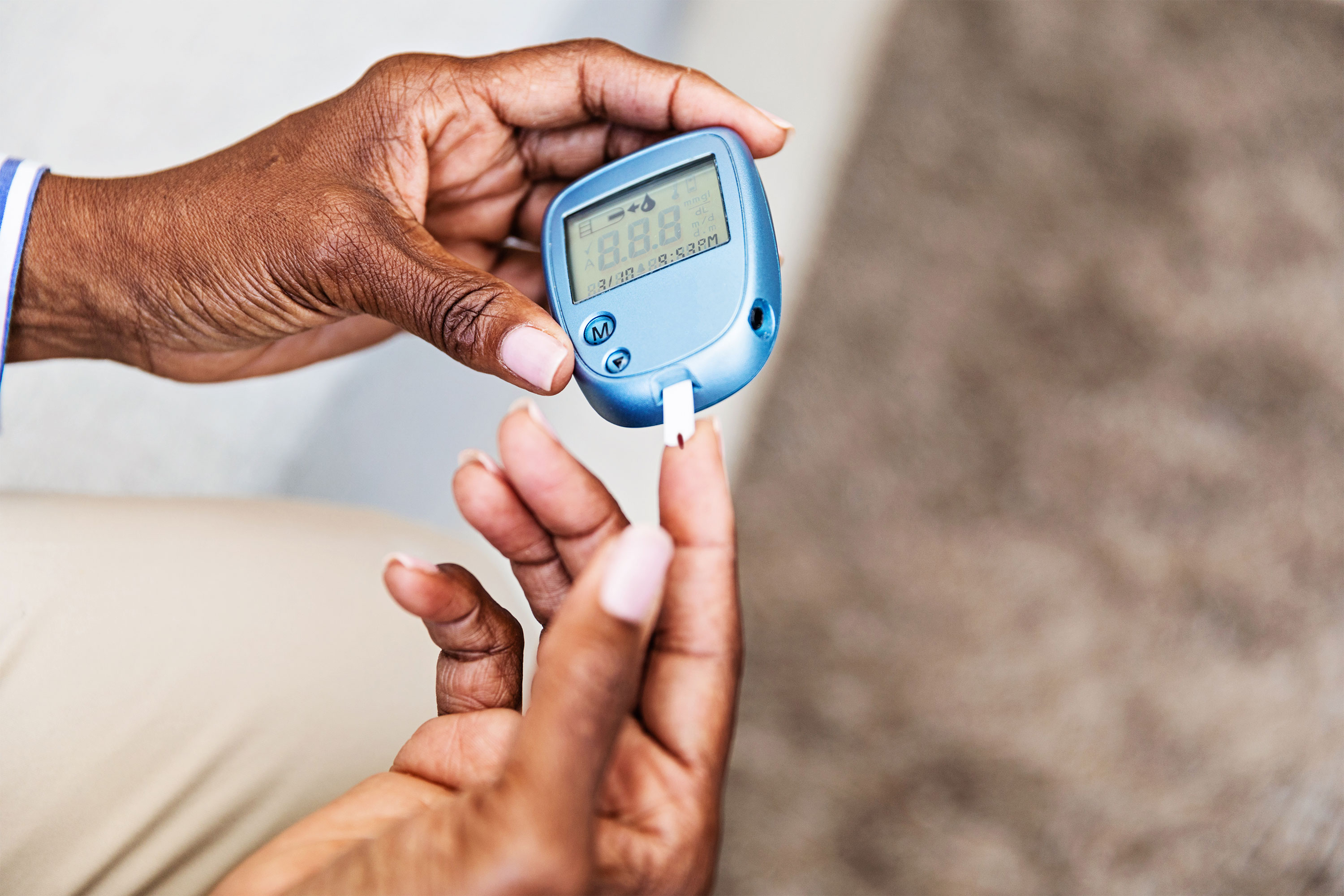Blood sugar Performance
Blood sugar, also known as blood glucose, refers to the concentration of glucose (a type of sugar) present in the blood. Glucose is a crucial source of energy for the body's cells, and its levels are tightly regulated to ensure proper functioning of various organs and systems.
The hormone insulin, produced by the pancreas, plays a key role in regulating blood sugar levels. When you eat carbohydrates, the body breaks them down into glucose, causing blood sugar levels to rise. In response, the pancreas releases insulin to help cells absorb and use glucose for energy. This process helps bring blood sugar levels back to normal.
Problems with blood sugar regulation can lead to conditions such as diabetes. There are two main types of diabetes:
Type 1 Diabetes: This occurs when the body's immune system mistakenly attacks and destroys the insulin-producing cells in the pancreas. People with type 1 diabetes need to take insulin to regulate their blood sugar levels.
Type 2 Diabetes: This is characterized by the body's inability to use insulin effectively, often due to insulin resistance. Type 2 diabetes is more common and is often linked to lifestyle factors such as diet and physical activity. Initially, the pancreas compensates by producing more insulin, but over time, it may not produce enough. Management may involve lifestyle changes, oral medications, or insulin injections.
Monitoring and managing blood sugar levels are crucial for individuals with diabetes to prevent complications. Regular blood sugar testing, a balanced diet, regular physical activity, and medication (if prescribed) are essential components of diabetes management.
Normal blood sugar levels can vary, but generally, fasting blood sugar levels (when you haven't eaten for at least 8 hours) should be below 100 mg/dL, and two hours after eating (postprandial) levels should be below 140 mg/dL. However, these values may be different for individuals with diabetes or other health conditions. It's important to work with healthcare professionals to determine target levels and create a personalized management plan.
More Reference Documents:
https://www.mayoclinic.org/diseases-conditions/diabetes/diagnosis-treatment/drc-2037145




0 comments:
Post a Comment